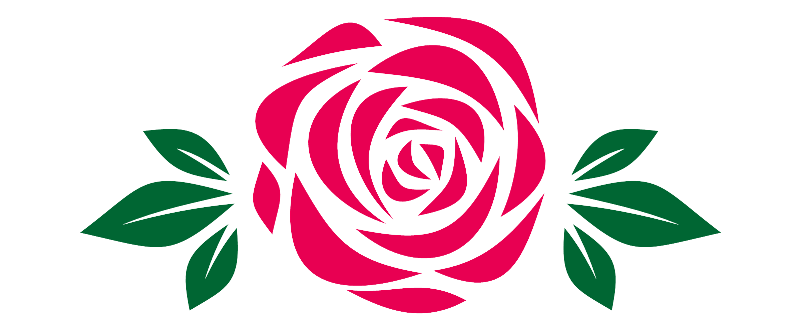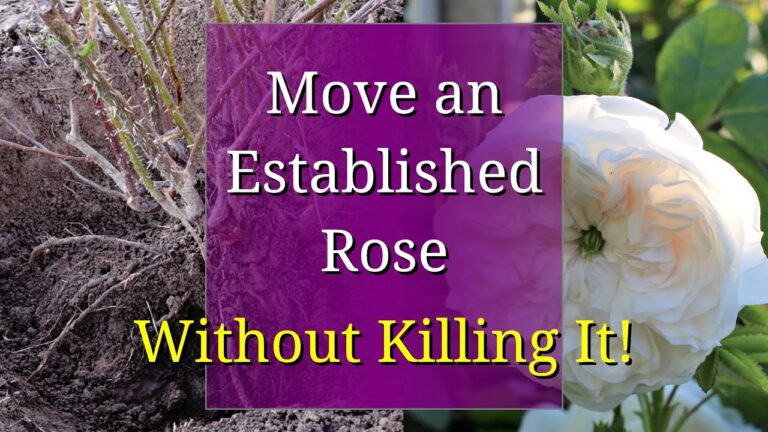Running a plant nursery can be a deeply rewarding venture for those passionate about plants. However, as Jason from Fraser Valley Rose Farm explains, success hinges not on growing or propagating plants but on selling them. While this might sound obvious, many aspiring nursery owners overlook this critical aspect, leading to challenges in sustaining their businesses.
In this article, Jason shares practical insights on marketing and selling plants, emphasizing strategies for building a customer base and achieving profitability.
The Core Lesson: Sales Are the Key to Success
Jason begins with a fundamental truth: propagating and growing plants are important, but they’re not what makes a nursery profitable. The real challenge—and opportunity—lies in selling those plants. Without a solid sales strategy, even the best propagation skills won’t sustain a nursery business.
Many small nurseries fail because they focus heavily on growing large quantities of plants without ensuring a customer base to support their efforts. Jason highlights the importance of finishing the equation: it’s not just about how much you can grow or how much those plants could sell for, but whether you can sell them.
Four Proven Methods for Selling Plants
Jason shares four marketing and sales approaches he’s successfully used in his own backyard nursery. Each method has its advantages and challenges, making them suitable for different scales and goals.
1. Farmers Markets and Local Events
Farmers markets, flea markets, and regional plant sales are excellent starting points for small-scale growers. These venues allow you to:
- Interact directly with customers.
- Gather valuable feedback on which plants attract the most attention and sell best.
- Establish a presence in the local community.
This method requires minimal upfront investment—typically a tent, tables, tablecloths, and signage. It’s also an adaptable option for growers looking to scale their operations gradually.
Jason points out that these face-to-face interactions are invaluable for learning about customer preferences. The insights you gain can guide future production decisions and help you identify which plants are worth growing in greater quantities.
2. Wholesale to Garden Centers
Selling plants wholesale involves supplying large quantities to garden centers or other growers who handle the retail side. While wholesale margins are lower than direct-to-customer sales, this method offers several advantages:
- Quick, bulk sales can generate significant revenue in fewer transactions.
- Long-term contracts with garden centers can provide consistent income.
However, wholesale selling requires proactive outreach. Jason suggests approaching garden centers and asking how they source their plants and whether they’d be interested in purchasing from you. Building these relationships may take time, but they can become a stable source of revenue.
3. Hosting On-Site Plant Sales
Hosting a plant sale on your property might seem like a straightforward way to attract customers, but Jason notes it involves significant preparation. Setting up a retail space, managing customer flow, and dedicating time to staffing the sale can be as labor-intensive as attending external events.
Jason recommends starting small—perhaps by hosting a single-day sale or offering limited open hours on weekends. This approach allows you to test demand and assess whether it’s worth expanding to a more regular schedule.
4. Selling Plants Online
The internet opens doors to a much larger customer base, and Jason discusses two effective approaches:
- Mail-Order Sales:
Selling through a dedicated website enables you to reach customers nationwide. Jason has used this method to sell specialty roses across Canada, meeting demand from customers who can’t visit his local sales events. However, shipping costs—especially in regions like Canada—can be a barrier, making this approach more viable in areas with competitive postal services. - Local Online Marketplaces:
Platforms like Craigslist and Facebook Marketplace provide an efficient way to sell locally. Jason mentions a friend who excels at this by posting attractive ads and booking appointments with buyers. This method minimizes time wasted waiting for walk-in customers, making it ideal for small-scale growers.
Customer Feedback: A Vital Tool for Growth
Jason emphasizes the importance of listening to customer feedback, especially during the early stages of your nursery business. Observing which plants attract attention and sell well can help you refine your offerings. Over time, these insights will allow you to focus on high-demand plants and avoid wasting resources on less profitable ones.
The Importance of a Sales-First Mindset
The central takeaway from Jason’s experience is the need to prioritize sales planning as much as, if not more than, plant production. Before investing heavily in propagation, consider how you’ll connect with customers and create a demand for your plants. Whether through farmers markets, wholesale contracts, on-site sales, or online platforms, the key is to ensure you have a reliable market.
Conclusion: A Balanced Approach to Nursery Success
Running a successful plant nursery requires more than just a green thumb—it demands strategic thinking about marketing and sales. By focusing on building customer relationships, exploring diverse sales channels, and leveraging customer feedback, growers can create a sustainable and profitable business.
Jason’s advice is a reminder to approach the nursery business with a balanced perspective. While it’s tempting to dive into propagation and growing, equal attention must be given to the art of selling.




